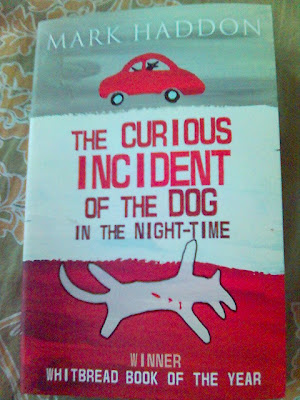Thahar gaya to patthar aansoo bah nikla to dariya aansoo
My eyes have frequently seen both the sides of grief
If it stops, the tear can be a stone; if it flows, the tear can be a stream
Beautfiul! Comparing a tear with a stone and a stream in the same vein!
Na koii khushi na malaal hai ki sabhi ka ek sa haal hai
Tere sukh ke din bhi kaT gaye, meri gham ki raat bhi guzar gayee
There is no joy, no sorrow, everyone is in the same state
Your days of happiness also got over, my night of grief passed away too
Ah! What a perspective!!
Na jane kab tere dil par nayee dastak ho
Makaan khali hua hai to koii aayega
Mai.n apni raah mei.n diivaar ban ke baitha hoo.n
Agar who aayaa to kis raaste se aayega
There may be a new knock on your heart anytime
The house has become vacant, so someone will come for sure
I stand like a wall in my own way
If she comes, what path will she take
Na jaane kis galii mei.n zindagi ki shaam ho jaye
Let the light of your memories be with me always
The dusk of my life may arrive in any street
Now, this is THE BEST couplet of Badr. Very well known, and rightly so!
Us moD pe ham dono kuch der bahut roye
Jis moD se duniya ko ik raastaa jaataa hai
Dono se chalo poochei.n usko kahii.n dekha hai
Ik kaafilaa aataa hai, ik kaafilaa jaataa hai
Duniya mei.n inki kahii.n taaliim nahi.n hoti
Do chaar kitaabo.n ko ghar mei.n padha jaataa hai
Both of us cried a lot for some time at the corner
From which a road goes towards the world
Let me ask them both if they have seen her somewhere
A carvan arrives, and a carvan departs
In this world, these are not taught anywhere
There are a few books that have to be read at home
.jpg)